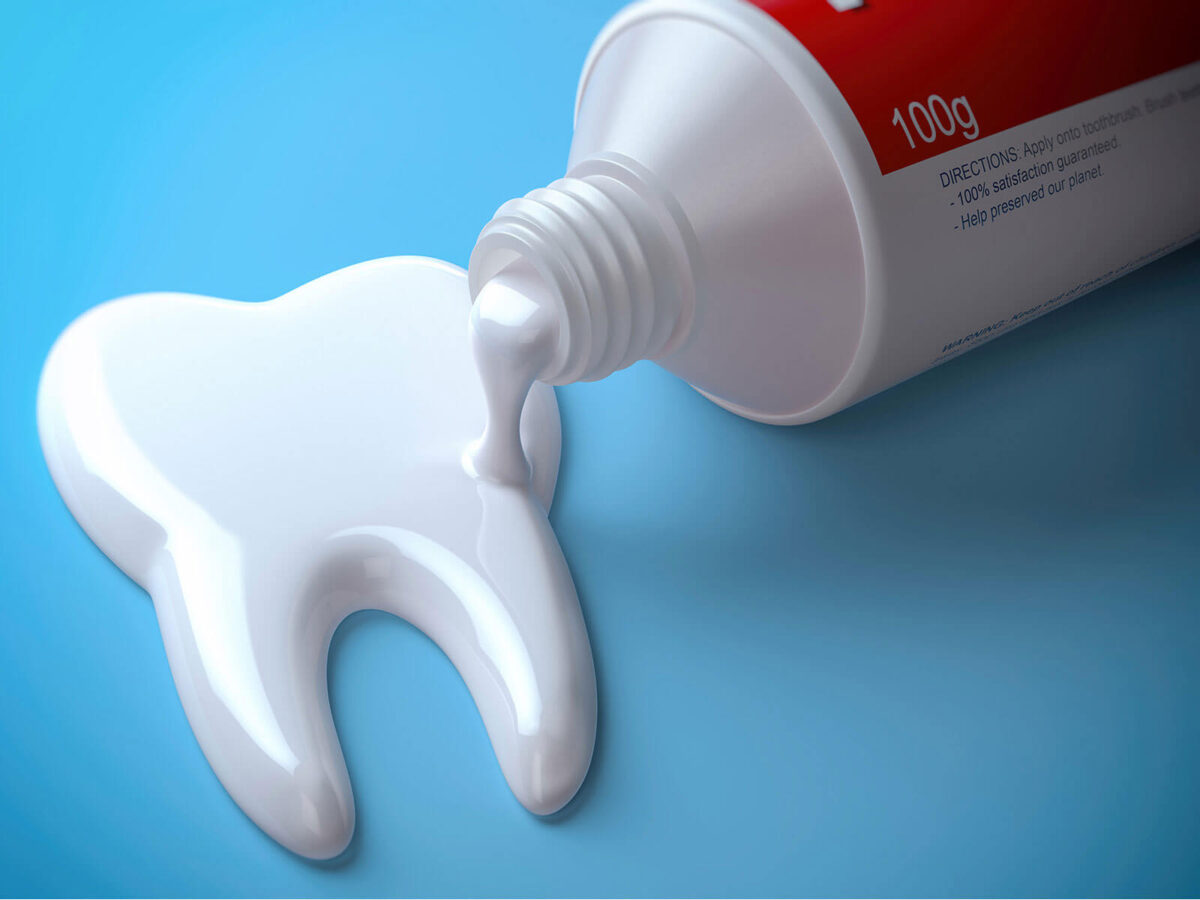Blog
Dental hygiene tips for healthy teeth & gums

Understanding The Role of Fluoride In Dental Health
Fluoride, a naturally occurring mineral, has long been recognized for its exceptional role in oral health promotion. Fluoride is a steadfast ally in the search for healthy and robust teeth, from preventing tooth decay to reinforcing enamel. This comprehensive overview looks at fluoride’s multidimensional role in dental health, including its advantages, sources, safety concerns, and critical role in maintaining optimal oral health.
Understanding the Fundamentals Of Fluoride
Fluoride is a mineral found in rocks, soil, and water. It is well-known for its capacity to thicken tooth enamel—the protective outer layer of the teeth—and protect against acid assaults and germs.
Fluoride’s Critical Role in Dental Health:
Enamel fortification:
- Hydroxyapatite Formation: Fluoride combines with hydroxyapatite, a crystalline structure in dental enamel.
- Resilience to Acid Attacks: This integration produces fluorapatite, a more robust component that improves enamel resilience against acid attacks, the leading cause of tooth decay.
- Support for Remineralization: Natural repair mechanism fluoride actively promotes remineralization, in which vital minerals such as calcium and phosphate are redeposited into weakened enamel.
Repairing Early Signs of Decay: This procedure aids in healing early signs of decay, preventing cavities from progressing.
How to Prevent Tooth Decay:
Fluoride interferes with the metabolism of microorganisms in the mouth, reducing their capacity to create acids that cause tooth decay.
Fluoride makes teeth less susceptible to decay by strengthening enamel, particularly in weak places such as pits and fissures.
Sensitivity Reduction:
Fluoride has a desensitizing effect on teeth by hardening enamel and decreasing nerve-ending exposure.
Individuals with sensitive teeth frequently benefit from fluoride’s desensitizing qualities.
Overall Oral Health Support:
- Combating Gum Disease: Fluoride improves general oral health by reducing tooth decay, which aids in treating gum disease.
- Maintaining Healthy Gums: Healthy gums require healthy teeth; fluoride is integral to this balance.
Fluoride sources include:
Water with Fluoride:
Water Supply: Many municipal water supplies are enriched with fluoride in appropriate amounts to enhance dental health.
Fluoridated water is a cost-effective and accessible way of reaching diverse people.
Fluoridated Toothpaste:
- A Cornerstone of Daily Oral Hygiene: Fluoride toothpaste is a cornerstone of daily oral hygiene, offering a consistent and effective method of administering fluoride to the teeth.
- Use of Age-Appropriate Toothpaste: Age-appropriate toothpaste ensures that children enjoy the benefits of fluoride without the risk of overdosing.
Fluoride Treatments Performed by Professionals:
Applications in the Dental Office:
Professional fluoride treatments are frequently administered by dentists during routine check-ups, delivering a higher dose of fluoride for better protection.
Individuals at a higher risk of cavities or with unique dental difficulties may benefit from professional treatment.
Fluoride Mouthwashes as an Extra Option:
Fluoride mouth rinses are another technique for increasing fluoride intake.
Prescription or over-the-counter: Some mouth rinses are accessible without a prescription, while others, depending on the fluoride content, may require one.
Fluoride levels that are both safe and optimal:
Toothpaste for People of All Ages:
Children under the age of three: A smear of fluoride toothpaste is recommended for youngsters under three to reduce the danger of excessive swallowing.
Children aged 3-6 should use a pea-sized amount of fluoride toothpaste.
Fluoride Supplements with Professional Advice:
When Medically Necessary: Fluoride supplements may be prescribed by dentists or pediatricians in locations with low fluoride levels in the water.
Professional supervision ensures that supplements are taken in safe and appropriate amounts.
Fluorosis Risk Assessment:
Cosmetic Issues: Excess fluoride consumption can result in fluorosis, a cosmetic issue affecting the color of dental enamel.
Balancing advantages and Risks: Keeping track of fluoride intake from all sources allows you to balance getting the benefits and avoiding potential cosmetic issues.
Conclusion:
Fluoride is essential to preventive dental care, helping tooth strength, resilience, and overall health. Fluoride is a powerful mineral, from its involvement in enamel strengthening and remineralization to its capacity to prevent tooth decay and improve gum health. Individuals can get the many benefits of fluoride by adding it to their diet through water, toothpaste, professional treatments, and mouth rinses.
Understanding age-appropriate use, safe levels, and fluorosis risk is critical, allowing for a balanced approach to maximizing fluoride benefits while ensuring excellent tooth health for a lifetime.


